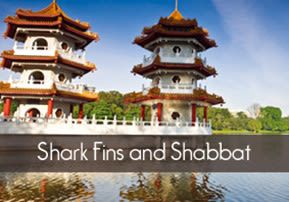
Shark Fins and Shabbat
A unique Chinese group embraces spiritual movement steeped in Jewish ways, adopting the Noahide commandments while observing their own cultural practices…

Singapore is far more religiously diverse than people imagine. Few will guess that it is now home to a smorgasbord of spiritual movements. The little red dot (i.e. Singapore) is not simply the nexus of international 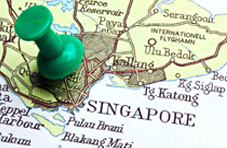 trade routes but it is also, less visibly, at the crossroads of the world’s spiritual traffic”.
trade routes but it is also, less visibly, at the crossroads of the world’s spiritual traffic”.
Wearing a Jewish skullcap or kippah on his head, Mr Francis Koh, 37, leads prayers in Hebrew. As a dozen Chinese Singaporeans stand in two rows behind him, all facing Jerusalem, he reads sonorously from a prayer book: Ato chonayn l’odom da-as, Umlamayd le-enosh bino.
The congregation follows the English translation in their bilingual prayer books: You graciously endow man with wisdom, and teach insight to a frail mortal.
This is a tiny band of Noahides, who follow a global spiritual movement steeped in Jewish ways. It is named after Noah, who, according to the Bible, was the ancestor of all mankind when life began anew after a great global flood. The movement is guided by seven ethical codes that God gave to Noah: to set up courts and not to kill, steal, commit sexual impropriety, worship idols, blaspheme, or eat meat from an animal while it is still alive.
Every Saturday afternoon, the group of up to 15 gathers for three hours in a no-frills room in the basement of the Oxford Hotel in Queen Street. They include teenage students, taxi drivers, a graphic designer and a kayak instructor. They sing exuberant Jewish community songs, accompanied on a single acoustic guitar by Mr Paul Tan, 52, a former Protestant pastor from a megachurch, who now works as a school teacher.
Then there is a lively discussion, often led by Mr Koh, a primary school teacher, who loves to discover links between Chinese heritage and Judaism, such as the shared idea of honoring ancestors. The discussion grows even more animated when young Rabbi Meir Kalmanson walks in from the nearby Maghain Avoth Synagogue in Waterloo Street. With humor and eloquence, the American rabbi draws lessons from the Torah about a flawed biblical leader, Korach, who used his honeyed tongue to cause dissension.
The questions flow: Will Korach be redeemed or consigned to a fiery pit in the afterlife? Can someone like Hitler be reincarnated? At some point — just before the rabbi wraps up by singing a reggae–inflected blessing — they return naturally to Chinese practices. They exchange opinions on dyed red eggs given by parents of month-old babies, and wonder if it is offensive to eat shark’s fins.
This preoccupation with observing Chinese cultural practices amid Jewish beliefs is surprising but intentional. When Mr Tan was thinking of converting to Judaism in 2008, he showed up at the synagogue to confer with Rabbi Mordechai Abergel, who leads the Jewish community here.
The Rabbi told him there was no need to convert. He could be a Noahide. Mr Tan recounts: “Rabbi Abergel said, surely God has deposited a culture in your life.You don’t have to be something else.” In the days when Mr Tan was a Christian, he says he felt emotionally distant from his Chinese heritage and older relatives. But he now embraces Chinese customs and the wisdom in Confucianism and Taoism. He is also learning tai chi.
This is with encouragement from Mr Koh, who came from a Catholic and Protestant family background, decided not to convert either. He felt he could contribute more to Chinese causes as a Noahide, which is open to all faiths.
“I wanted to help the Chinese community to be in touch with our values and heritage that we are estranged from,” he says. While both men share an abiding love for Chinese and Judaic traditions, they arrived at Noahide beliefs on different roads.
Mr Tan was a Protestant pastor till about 10 years ago. He then set up Sar Shalom Messianic Fellowship with 40 souls. They believe in Jesus as the Messiah and also draw deeply from Jewish traditions in their practices. In 2007, the group traveled to Israel. While visiting archaeological sites, they were drawn to the richness of Jewish culture, and also asked deep and sensitive questions about their dearly held Christian beliefs.
In 2008, Mr Tan discovered the Noahide option after meeting Rabbi Abergel. Sar Shalom was de-registered, and the group split into two teams. Mr Tan’s group decided they wished to be under Jewish rabbinical authority, and rabbis now teach and guide them. The other group went solo and continued to meet.
Meanwhile, Mr Koh himself flew solo for over 10 years before he met Mr Tan. On his own, he signed up for a Noahide e-mail discussion group hosted by an Australian. “We discussed current events, and tried to look at them through the lenses of the Noahide code,” he says. He nurtured his love for Judaism, which he felt found its non-sectarian mirror in Noahide beliefs. This was greatly appealing to him because those beliefs intertwines ritual with spontaneity. It is open to all faiths as well.
Rabbi Abergel emphasizes: “We are not talking about an offshoot of Judaism. It’s not a new religion, sect or cult, but an age-old spiritual approach with a moral ethos that transcends boundaries of religion.”
Although the group loosely led by the two Singaporean men have chosen Noahide beliefs without attachment to any other faith, their journey is an adventure fraught with ‘some heartbreak’ for Mr Tan. He indicates that friends felt a sense of betrayal, when he first left his Protestant church and then Sar Shalom to drill down to the roots of his faith. He has found this in Noahide beliefs. But he says: “It’s still a journey. I’m very cautious, and moving slowly.”
* * *
Our thanks to Francis Koh for this article, reprinted with courtesy of “The Straits Times” Saturday, July 9 2011, Edition


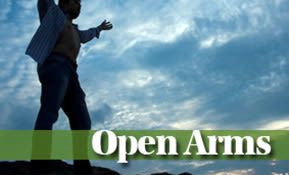



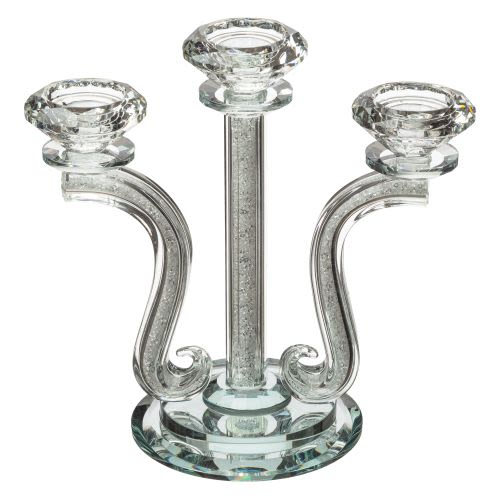
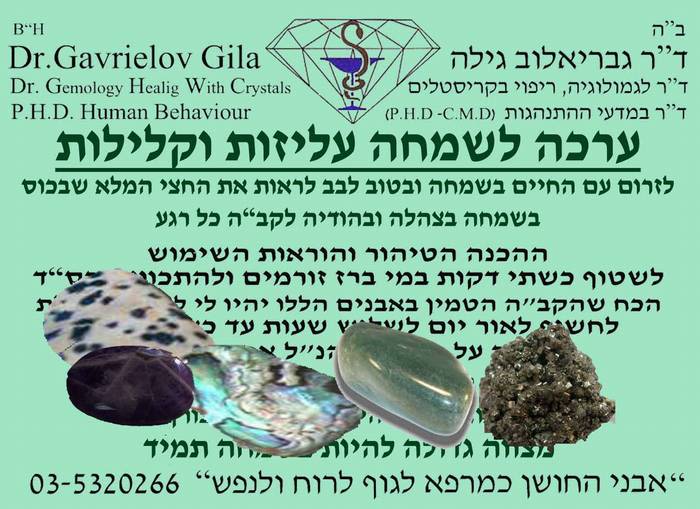
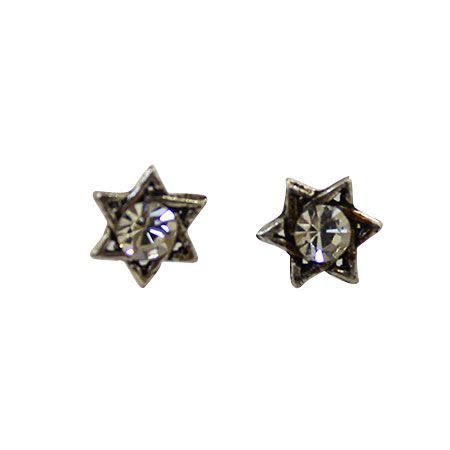
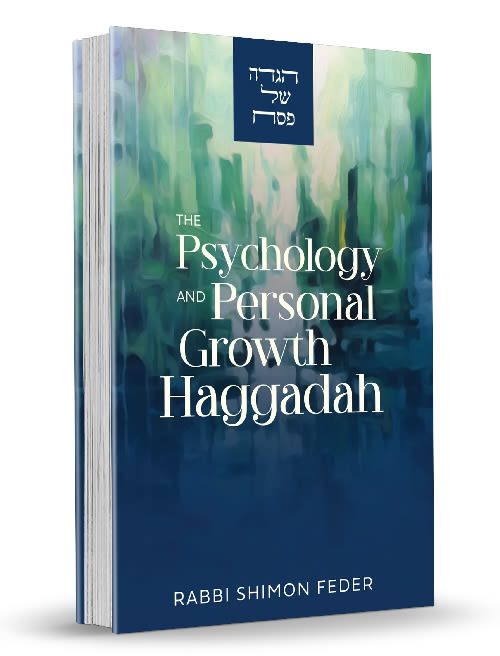
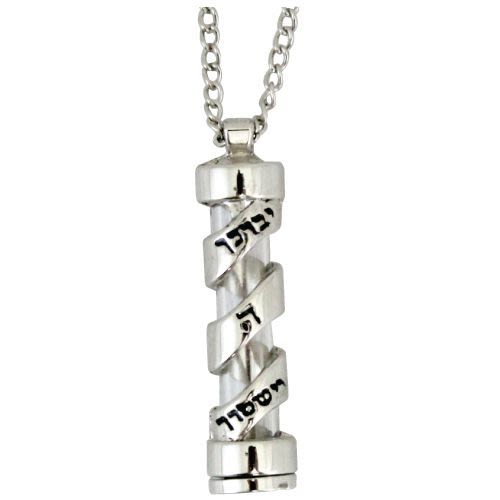
Tell us what you think!
Thank you for your comment!
It will be published after approval by the Editor.